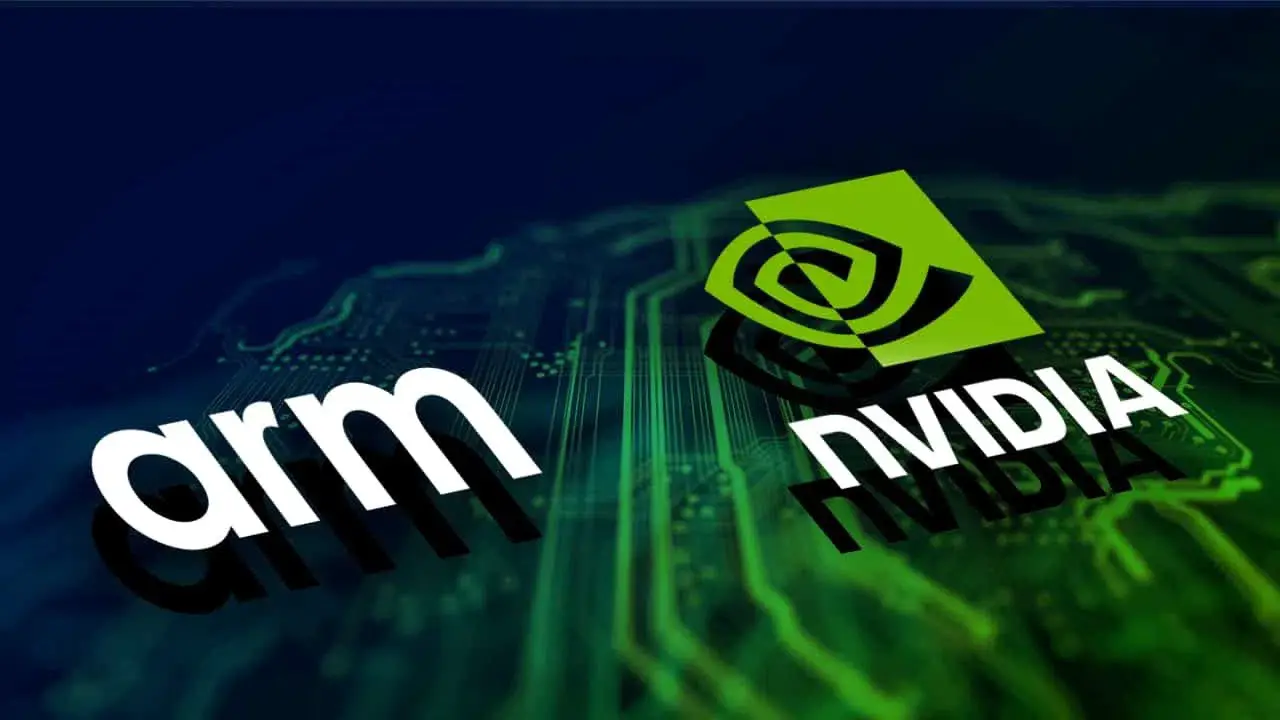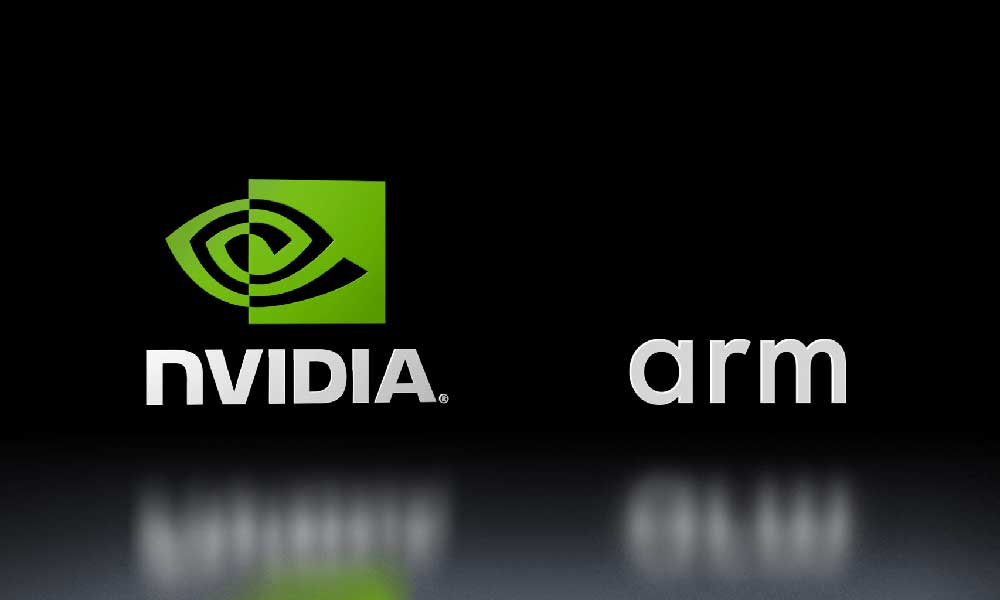Nvidia’s $40 billion acquisition of Arm just hit another huge roadblock. The Federal Trade Commission, which announced today that it’s suing to block the merger from going through, claimed that the merger would “stifle competing next-generation technologies.”
FTC sues to block Nvidia’s $40 billion purchase of Arm
Nvidia currently is already using Arm-based chipsets in a variety of areas, including high-performance advanced driver systems for vehicles, cloud computing, and networking products.
“The FTC is suing to block the largest semiconductor chip merger in history to prevent a chip conglomerate from stifling the innovation pipeline for next-generation technologies,” said FTC Bureau of Competition director Holly Vedova in a statement. “Tomorrow’s technologies depend on preserving today’s competitive, cutting-edge chip markets. This proposed deal would distort Arm’s incentives in chip markets and allow the combined firm to unfairly undermine Nvidia’s rivals. The FTC’s lawsuit should send a strong signal that we will act aggressively to protect our critical infrastructure markets from illegal vertical mergers that have far-reaching and damaging effects on future innovations,” she added.

This concern is legitimate because if Nvidia were to acquire ARM, it would give it a huge advantage in these markets.
FTC states that: “The complaint also alleges that the acquisition will harm competition by giving Nvidia access to the competitively sensitive information of Arm’s licensees, some of whom are Nvidia’s rivals, and that it is likely to decrease the incentive for Arm to pursue innovations that are perceived to conflict with Nvidia’s business interests.”
For its part, Nvidia has said that it will keep Arm’s current open licensing model, which allows them to provide the designs for their processors to a massive list of companies such as Samsung, Apple, Qualcomm and more.
An Nvidia spokesperson said to The Verge that: “We will continue to work to demonstrate that this transaction will benefit the industry and promote competition.”
There are other regulators besides the FTC that are scrutinizing the merger, the European Union is also investigating the deal. The UK’s Competition and Markets Authority also started an in-depth investigation into potential national security risks and competition concerns.





